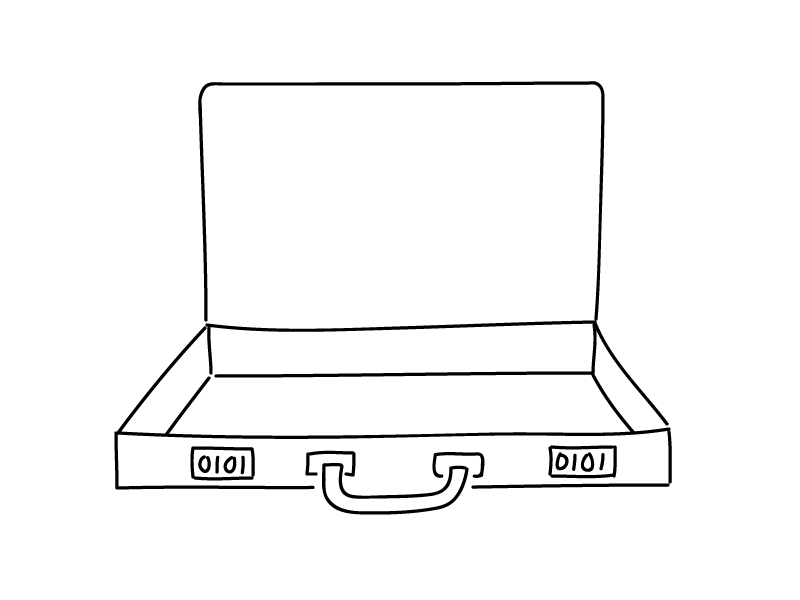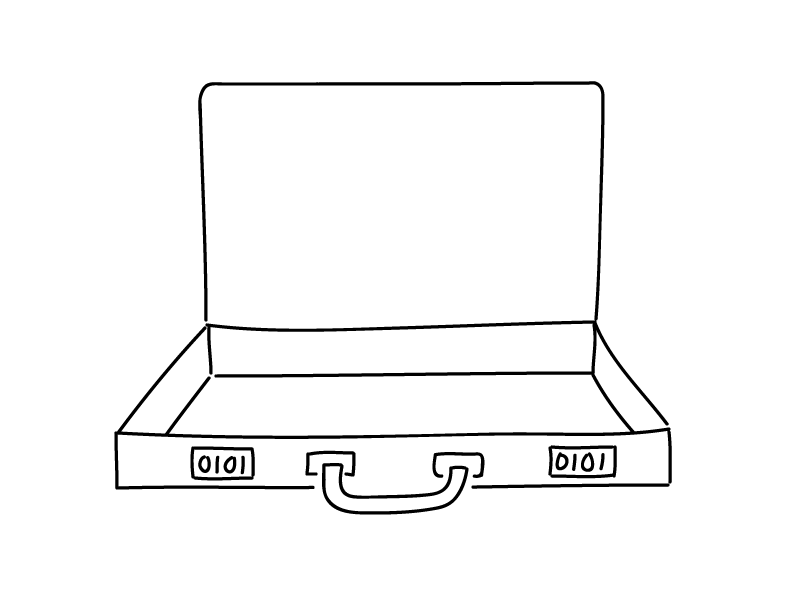Verbatim
What’s largely been missed in the (rightly) bleak reporting this week about the IPCC’s latest climate change report is that it’s actually, in its way, a manual for a kind of hope. Yes, we’re all screwed, yes, climate genocide is coming. Yes, we should have acted sooner. But, as Robinson Meyer outlines at The Atlantic, this report is different in another way, if you read past the apocalyptic headlines:
“Whereas previous assessments have warned of our hideous overheated future, this one does something different: It tries to sketch a better one… As every climate scientist will tell you, the battle to prevent climate change entirely has already been lost. But the battle to blunt its effects—to manage it, as humanity manages the threats of hunger, poverty, war, disease, and other afflictions, and to choose a better, cooler future—has just begun.”
If you need a way in to the incomprehensible darkness of this story, the only story, let it be that one: we’ve already lost so much, but listen to the scientists now, they’re trying to tell us what we can do to make it hurt us and the world just a little less. And whether or not anyone else is listening, you can. We can. I can. Whatever we do, whatever our job or lack of one, whatever our income and number of mouths we have to feed, that’s the one thing we need to hold on to: do every little thing you can that makes sense for you—eat less meat, install LED bulbs, drag car races only on weekends, etc.—but systemic change only happens when we all begin to truly understand that this isn’t one story but every story, and everything we do is part of it.
Meanwhile, we re-up Bret Victor’s excellent 2016 essay “What can a technologist do about climate change?” as we wish for something so comprehensive in our own, very different industries – a friendly and understandable guide to how to apply our careers, and our skillsets, directly towards these problems. If you know of any good ones, send ‘em along and we’ll happily share with all of you huddled around this here barrel fire.

Things“How do hands move in heaven? Ted Danson knows.” (If, in these terrifying times, we need our moral philosophers more than we ever did, we’re gladder than glad that we have The Good Place around to lead us back to them!)
We’ve talked a bit about The Outline here in recent weeks. Laura Hazard Owen has a great piece up at Nieman Lab that tries to see its way through the handwaving and hype to understand what happened to a publication that tried to be something so very different:
“Did it try to make the good shit and stumble by mistake into cheap shit? Did it overestimate how unique its editorial voice actually was? Or has it faced the same set of roadblocks the rest of the digital media industry has, only without much goodwill from all those cheap-shit producers?”
Meanwhile, since we were also pondering the business model of Popula last week, here’s the WSJ (paywalled) reporting on the struggles of the Civil platform it runs on. It seems, from the bewildered accounts of those in the story, that the pitch really does amount to nothing more than somebody walking in with an empty briefcase and saying “blockchain” a bunch of times while they hope you don’t notice the flop sweat. Hmph.
The advertising world is quickly figuring out that the only thing remaining when we’ve left the next generation without hope of basic existence is pretty much just dank memes. Yep, it’s time to check in again with the angsty Steak-Umm social guy, who works at his dad’s ad agency, and is now a little worried about Corn Nuts encroaching on his turf, in this exclusive Q&A in Dollar Shave Club’s still-hanging-around brand content play, MEL. It’s brands all the way down. Why do we do this to ourselves, dear reader?
Are a brand tweets considered branded content? How about Snaps? What if they live in that area of Snapchat that you only get to if you’re lost? And if so, can branded content technically be considered original content? Well, if you’re on board with all that, then original programming on Snapchat “has been a huge success.” If not, no worries—Snap is also investing more of its “dwindling cash” into the creation of real original content. Perhaps this is a play to be acquired by Disney or Netflix, which is spending more on original content in 2018 than it would cost to swallow Snap whole.
Now’s the time for Netflix to beef up as it prepares to fend off a proliferation of original content and streaming services. Net Neutrality’s body is still warm and the Justice Department is “merger-friendly,” so getting's good. Consolidation is also picking up in the American health care industry with a series of pharmacy acquisitions by giant insurers—they’ve grown up, now they’re growing out.
So yeah, we’re burning up here on the surface, but apparently this week hell froze over, as Microsoft—Microsoft!—handed access to its entire patent portfolio over to the open source movement. So here’s your further nugget of hope: when the destructive business models of the old world cease to be profitable, even the corporations that were the worst offenders, when faced with the choice between death and not death, can find their way towards the collective, common good. It doesn’t happen often and it doesn’t happen quickly, but every now and again, it does.
(And the only thing it took to get them there was committed activists who were told their work was hopeless and futile, plugging away for decades on an individual and systemic level, to create an alternative and open ecosystem that moved from the radical fringes to the centre, becoming not just viable but fundamental. Imagine!)
We bet The Economist has some good data on that, and it’s great to see them also committing to open data in a notable way, starting with the numbers and analytic tools behind their oft-quoted Big Mac index.
The World Bank just dropped its mammoth 2019 World Development Report, with this year’s theme being “The Changing Nature of Work.” We’ve yet to spend a lot of time with it, but as problematic as any WB report inevitably is, we appreciate that it genuinely seems to move beyond the usual fear of robots and AI that such titles promise, at least on first impression. Technology and automation have always changed how we work, it’s just critical to understand how: machine learning isn’t inherently a problem, it’s a tool, and issues of labour rights are no less important when the tech is sexier. The issues facing workers in app-based gig economies, for instance, are similar in a lot of ways to those faced by informal workers elsewhere. Anyway, here’s a great thread from Alice Evans that’ll give you some ways in.
Internet lols, animal edition:



Next time you hear from us, weed’s going to be legal in Canada, so…





